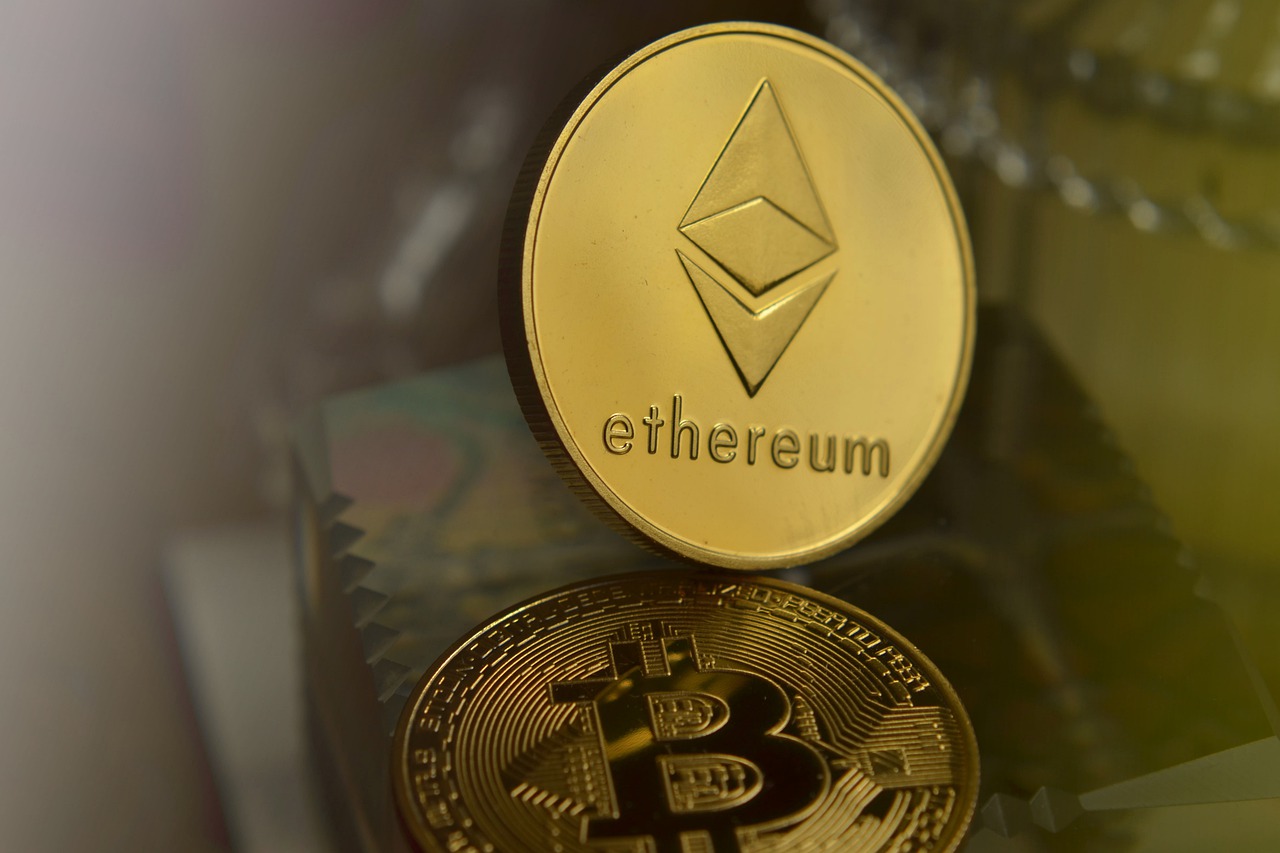In this article, we will be discussing everything you need to know about Ethereum trading. By the end of this article, you should have a good understanding of how Ethereum works and how to trade it successfully. Stay tuned!
What Is Ethereum?
Ethereum is an open-source platform that operates smart contracts, which are applications that function precisely as they are programmed without the risk of interruptions or censorship. It also does not have the possibility of third-party interference.
The apps are based on Ethereum’s powerful global shared infrastructure, which can move value around and signify real estate ownership. It allows developers to build markets, register promises or debts, move money using intelligent contracts (like the Futures Contract), and many more items that are still to be developed with no intermediary or risk of a counterparty.
Difference Between Ethereum And Bitcoin
There are many significant differences between Bitcoin as well as Ethereum. Bitcoin is the biggest and most well-known cryptocurrency and has drawn the most attention. This has caused the cost of Bitcoin to rocket up. When compared with BTC, ETH is trading about 10x lower.
Ethereum, as the name suggests, isn’t a cryptocurrency. It’s a software platform that lets developers create efficient and secure apps over an uncentralized network. It is powered by the Ethereum cryptocurrency called Ether and is the token that those who wish to join the bandwagon would like to buy into.
The Reasons To Trade Ethereum
Ethereum is the world’s first system to create a safe, quick, and decentralized international computing platform. Its ability to build intelligent contracts – bits of code that run on the blockchain based on the contract conditions- is a significant advantage for first-movers in the market.
The growing interest in Defi, also known as Decentralized Finance, has been yet another sector where Ethereum’s network capabilities shine. Others have tried to compete in this area, but only if they can innovate more quickly and make significant progress; it’s hard to imagine that they’ll be able to surpass Ethereum’s lead soon.
For those looking to trade Ethereum (ETH) in Australia, the Ethereum price aud is essential. The AUD/ETH exchange rate fluctuates over time, so it’s vital to stay up-to-date on the latest news and developments to make educated trading decisions.
The Reasons Why You Shouldn’t Trade Ethereum
As an open platform for creating and implementing decentralized applications and smart contracts, the Ethereum program is more flexible than Bitcoin’s, mainly limited to financial transactions.
However, hackers also have more opportunities to target the network. A higher level of complexity means more issues. Even Ethereum’s smart contract isn’t 100% bulletproof; some have failed or compromised.
Most major cryptocurrencies, including Ethereum, utilize Proof-of-Work (PoW) mechanisms to validate all transactions made on the blockchain. In Proof of Work, miners worldwide must solve complicated crypto-related puzzles to verify new transactions and add new blocks to the blockchain. This can be highly energy-intensive and time-consuming.
Ethereum is moving its network towards Proof-of-Stake (PoS) to achieve consensus across the entire network, which is a huge technical hurdle. Proof-ofStake is built around users who invest their ETH to be validators within the network and verify any new transactions. This is more energy efficient than Proof-of-Work.



 Bitcoin
Bitcoin  Ethereum
Ethereum  Tether
Tether  XRP
XRP  Solana
Solana  USDC
USDC  TRON
TRON  Cardano
Cardano  Lido Staked Ether
Lido Staked Ether  Avalanche
Avalanche  Toncoin
Toncoin